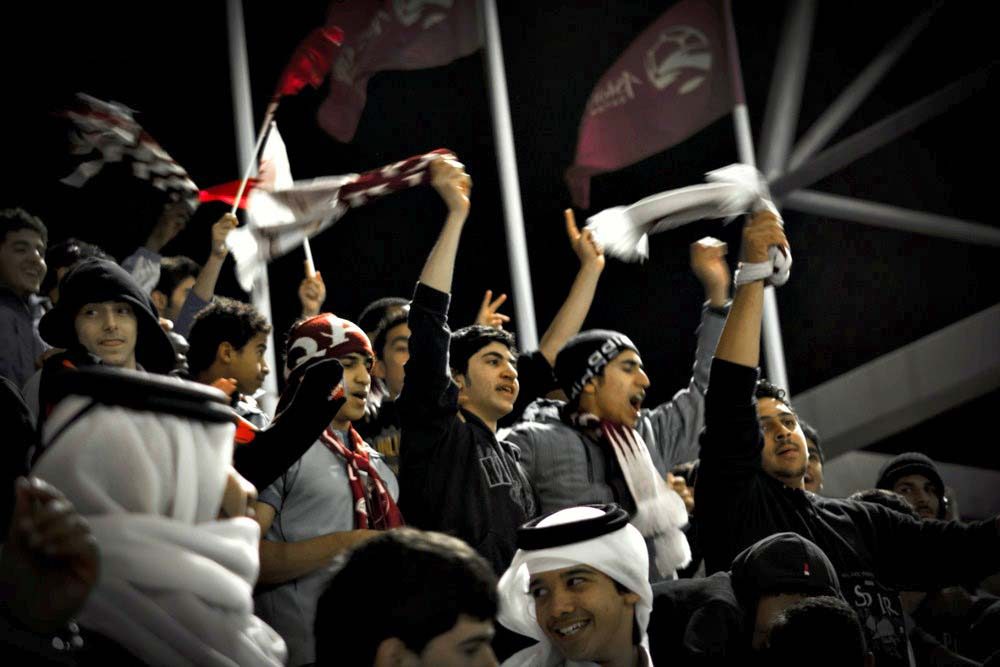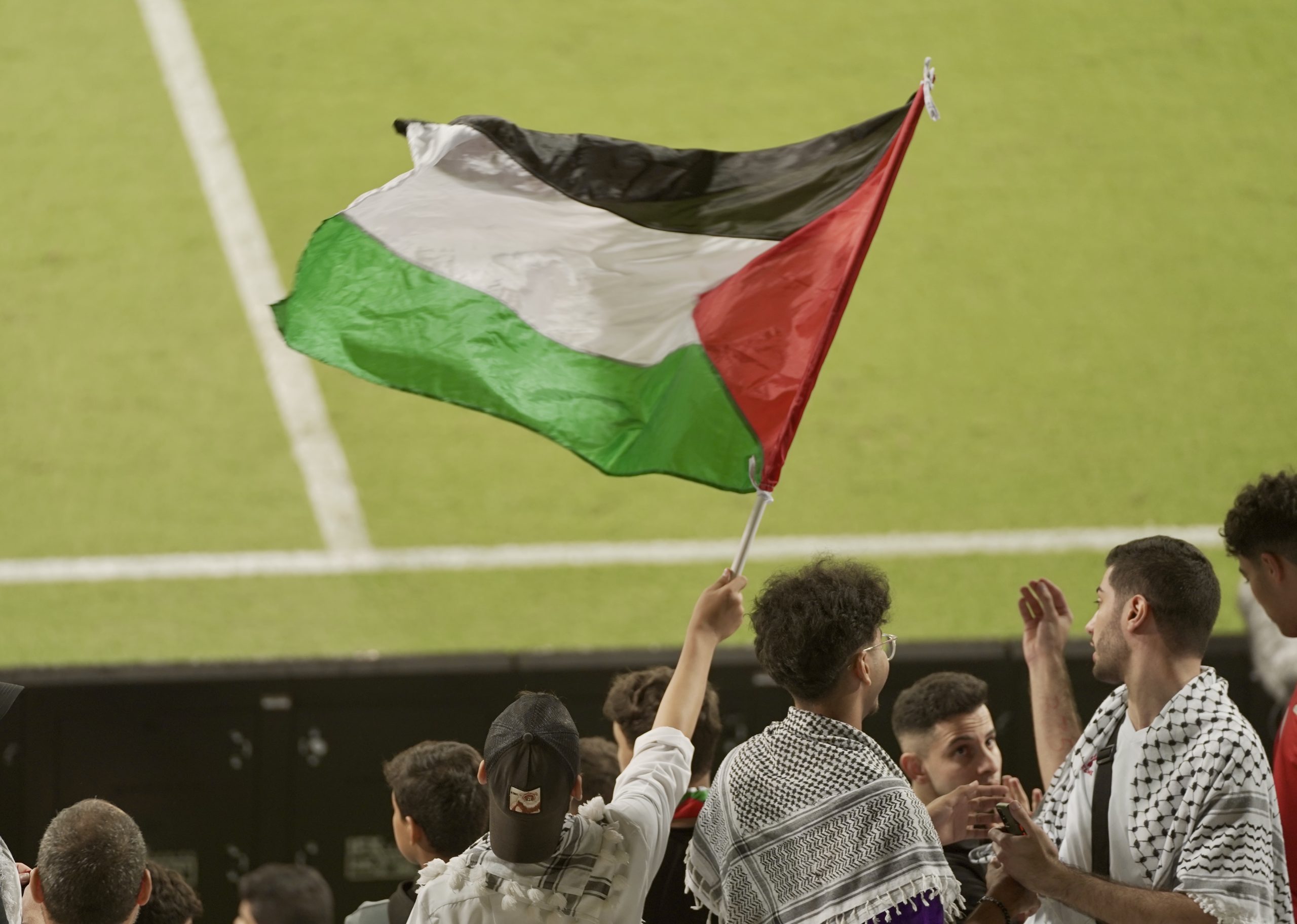
As the debate over the feasibility of holding the 2022 World Cup during Qatar’s searing summer months continues, new research has come out in favor of rescheduling the tournament to the winter.
In a new report published in the International Journal of Biometeorology, researchers asserted that many football fans who turn out for the games could suffer “strong heat stress.”
The report’s authors compared official temperatures recorded at the Doha International Airport between March 1999 and January 2014 with thermal indices such as the Physiological Equivalent Temperature (PET), which takes various factors such as humidity and windspeed into account.
Based on its findings, the report recommended that the World Cup be moved from July to sometime between November and February, “when thermally comfortable conditions are much more frequent.”
Data analysis
“Thermal comfort” was defined as the air temperature at which, in a typical enclosed setting (without wind and solar radiation), the energy balance of the human body reaches an equilibrium state of satisfaction.
For the average central European, this occurs when temperatures range from 18C (64F) to 29C (84F), the report states.

However, in Qatar, the daytime mean maximum air temperatures in June and July – the months that the World Cup are usually held – often exceeded 50C (122F).
Additionally, the average daily minimum air temperature did not drop below 30C (86F) during this same time period.
Unsurprisingly, the researchers concluded that, based on thermal comfort levels of the average central European visitor:
“The results show that this kind of event may be not appropriate for visitors, if it is placed during months with extreme conditions.
For Doha, this is the period from May to September, when conditions during a large majority of hours of the day cause strong heat stress for the visitors.”
The report added that the optimum time of year to hold a World Cup in Qatar, in terms of spectator comfort, would be in the winter months, when average temperatures are regularly in the high teens or low 20Cs.
It concluded:
“It is not the aim of this study to show that Doha City is inappropriate for the FIFA 2022 but to find a time period with the most suitable thermal conditions for visitors and tourists. According to the results, this is the time from November to February.”
Debate
The idea of a summer World Cup in Qatar has been debated extensively over the past three years. Even before the country was awarded hosting rights, FIFA’s own technical report stated that it would be too hot to host the tournament in Qatar in June and July.
The world’s governing football body has not yet officially decided when the 2022 matches will be played, but the organization’s President Sepp Blatter has said it was “probable” that the games would be rescheduled for the winter.

For its part, Qatar’s World Cup organizing body, the Supreme Committee for Delivery & Legacy (SCDL), has said it is prepared to host the tournament in either season.
Meanwhile, the SCDL has been experimenting with environmentally-friendly cooling technology to be used throughout its stadiums, training grounds, public areas and walkways in a bid to make the environment more tolerable for athletes and visitors.
A prototype of one of these cooling systems was successfully employed in the open-air fan zone at Katara Cultural Village in July, during screenings of 2014 World Cup matches.
Hosting controversy
The weather is just one of a number of controversies Qatar has faced with regards to the World Cup.
Earlier this year, the Sunday Times published a series of articles alleging that the country illegally lobbied FIFA Executive Committee members with cash, parties and gifts in an attempt to win their support.
FIFA’s ethics committee has also spent the past 18 months investigating bribery claims around the 2018 and 2022 bids.
A report is expected to be submitted to the adjudicatory chamber of FIFA’s ethics committee next month, although its findings may not be made public.
Meanwhile, other media reports have focused on the plight of migrant workers, which Qatar is reliant on to build the stadiums, road and rail projects in the run-up to the World Cup.
In response, Qatar has commissioned at least two reports that have made numerous recommendations for change, particularly to the sponsorship (kafala) system.
Earlier this year, Qatar proposed changes to system that would make it easier for expats to leave the country and change jobs, but stopped short of abolishing its system of exit visas and no-objection certificates for its foreign workforce.
However, the proposals have yet to be implemented.
Thoughts?







